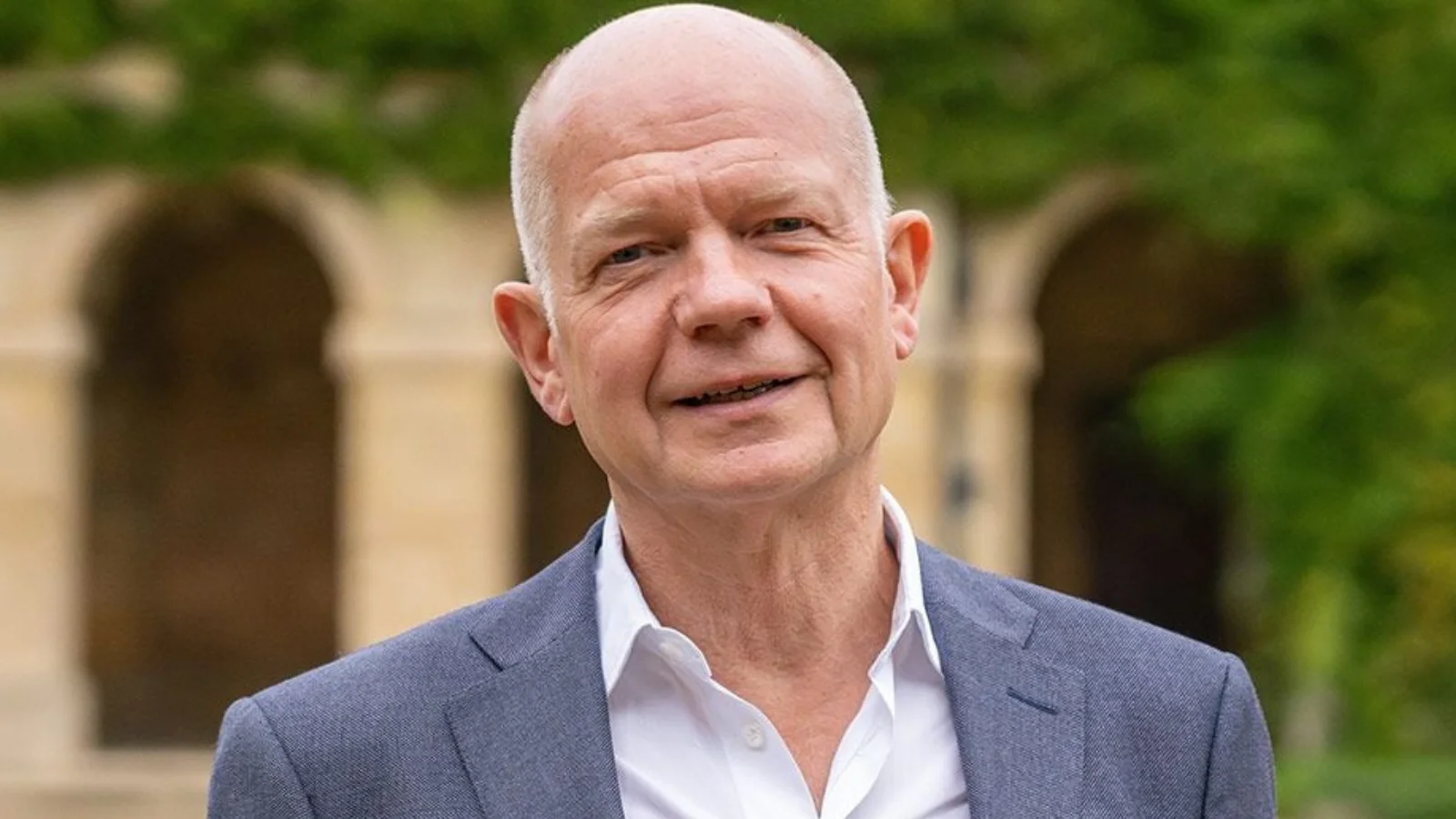The UK Chancellor is scheduled to present the Autumn Budget on 26 November 2025. In advance of the announcement, Rachel Reeves stated from Downing Street that the budget would focus on “fairness and opportunity” but did not rule out potential tax increases.
Recent financial reports have indicated a challenging fiscal outlook for the UK, with analysts suggesting that the Office for Budget Responsibility may lower its productivity forecast. This adjustment could widen deficits and increase pressure for new revenue measures.
Commentary around the budget suggests that increasing taxes may be unavoidable due to ongoing financial pressures, including energy transition costs, an ageing population, and persistent housing and infrastructure demands. Spreading any necessary adjustments over several years could help manage debt interest costs in future budgets.
A key point highlighted is that broad-based tax changes are more effective than narrowly targeted ones. For example, a one penny rise in the basic rate of income tax could raise approximately £6.9 billion annually, while similar increases in higher or additional rates would yield significantly less—about £1.6 billion and £145 million respectively. Increasing VAT by one percentage point on its standard rate could generate about £8.8 billion per year.
Recommendations for reform include simplifying income tax by moving towards a cleaner structure—such as restoring the basic rate to 22% as it was in 2007—which could generate around £14 billion annually. Adjustments to personal tax allowances could also address situations where marginal rates unexpectedly spike as high as 60%.
For VAT, experts suggest moving toward a single rate below 20%, paired with direct cash support for low-income households to improve transparency and fairness rather than relying on exemptions or reduced rates.
Even substantial changes like a two-penny increase in basic income tax combined with VAT reforms would not fully resolve fiscal challenges; decisions about spending priorities will still be required.
Communication has been emphasized as crucial for public understanding and trust: “Communication matters. My own work emphasises that plain-English, transparent policy explanations improve understanding and trust.” If policymakers explain clearly why increased revenue is needed, who will pay more, and how vulnerable groups will be protected, they are more likely to gain public support.
A longer-term strategy outlining goals beyond this year’s budget is also recommended: “A credible strategy should not just focus on the changes in this year’s budget but should set out where we are going and how we will get there over the coming years.”
For further information or republication requests related to this topic, contact [email protected].

